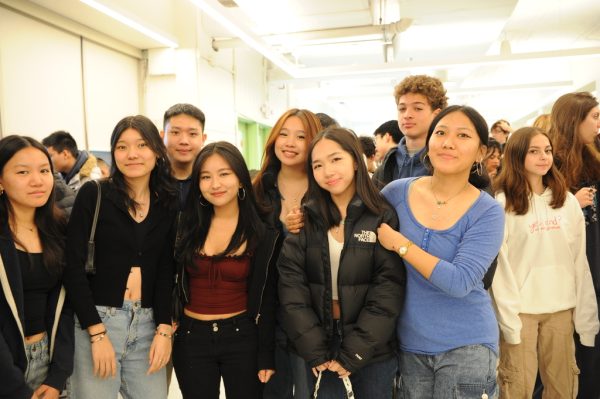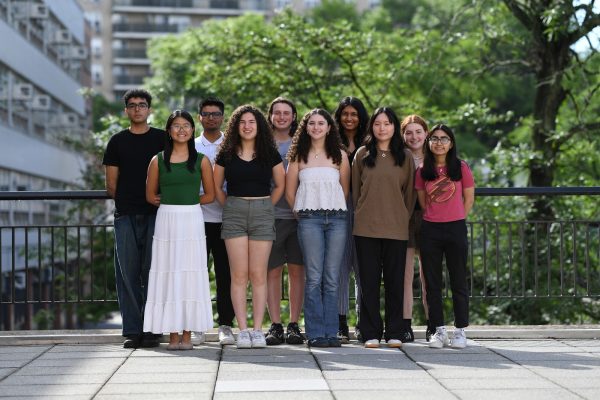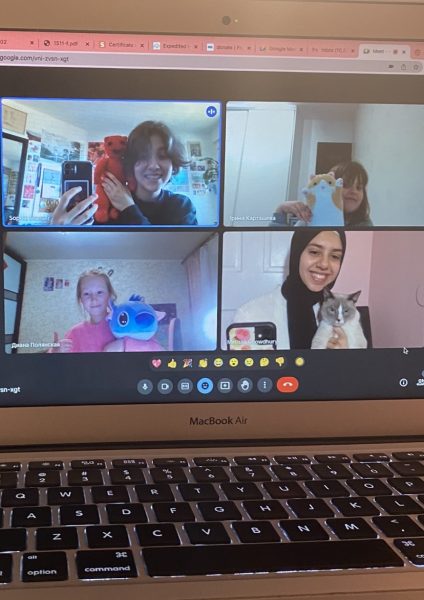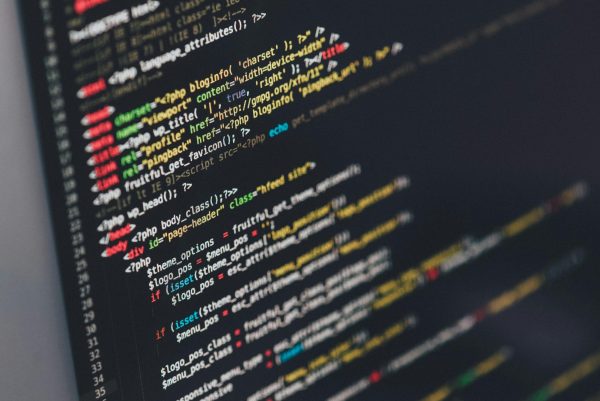The Rise of Artificial Intelligence and the Future of Academic Dishonesty
With ChatGPT emerging, students see the opportunities to cut down the amount of hours spent doing work. With this in mind, Bronx Science English teachers comment on how their teaching styles will be affected by the rise of Artificial Intelligence.
Mr. Licardo points out, “The irony is that you can’t ask rigorous questions without being well-read in the first place.”
The rise of Artificial Intelligence (A.I.) Industry has changed the way people live on a day-to-day basis. A.I., like it or not, is everywhere: personalized shopping, voice assistants, autonomous vehicles, and even healthcare. A.I. will soon be making its way into many students’ research papers, biology labs, history study guides, and English homework assignments. It will one day be able to solve the most complicated of problems and decipher unsolvable conjectures. But for now, let’s explore the way A.I. affects us in the present.
When the first model of ChatGPT launched on November 30th, 2022, it quickly became a heavily trafficked website amongst students nationwide. Students started irreverently, asking the A.I. silly questions and testing the limits of how far the A.I. could take them. As designed, the A.I. is constantly learning and growing, but many students were shocked by the quality of writing and information that ChatGPT presented.
This is where the central debate comes into play. Both students and teachers at Bronx Science inadvertently took different sides on whether or not A.I. will be our future or our demise.
The first area where A.I. could change education is obvious: in the classroom. This situation presents itself as a greater focus on in-class assessments, as many teachers at Bronx Science recognize that by giving take-home essays, students could cheat, plagiarize, or copy using ChatGPT. Teachers can use other platforms like, GPTZero, to detect plagiarism. However, they can be inaccurate, especially in detecting A.I. written messages in a foreign language.
Ninth and tenth grade English teacher, Mr. Daniel Licardo commented on this. He believes in always giving in-person assessments that are not vulnerable to cheating. With the rise of GPT3 and now the even more advanced GPT4, Mr. Licardo believes that any at-home assignment can be easily done by machine learning technology.
Mr. Licardo elaborated that instead of changing the type of assignment given (either take-home or in-person), he emphasizes more individualized prompts. In an interview, Mr. Licardo said, “I make students read physical books and handwrite in class on paper because I value work that comes only from their minds and hearts. The uniqueness of student work is what keeps me interested.” He implied that the AI-generated answers he has received, at least for now, have been predictable and pedestrian.
He questioned if this was a result of the mediocre questions the AI was fed or the lack of human emotion the AI can truly convey. Mr. Licardo points out, “The irony is that you can’t ask rigorous questions without being well-read in the first place.”
Although Mr. Licardo pointed out the irony in using machine learning technologies for ELA classes, he also recognizes that AI’s capabilities allow for greater freedom to focus on the creative aspects of ELA. Mr. Licardo explains, “Perhaps, with AI, we will be able to tell our own stories and pursue truth and beauty. I’d like to see people use AI like any computer or dishwasher — have it do the things we can’t do or don’t want to do so that we can invest our time and attention on what really matters — interesting human endeavors.”
Mr. Daniel O’Brien, a ninth and tenth English teacher at Bronx Science, disagrees with Mr. Licardo’s optimistic perspective. Instead, Mr. O’Brien took another leap, and claimed, “When it comes to programs like ChatGPT and others, I am less interested in the cat and mouse dynamics of accountability for those who may misuse these programs to cut corners in the short-term to avoid doing work. Surely, policies will be put in place to address these soon enough.” Instead, Mr. O’Brien questions why we devote so much time and effort to developing and refining writing skills in the first place. As an English teacher, Mr. O’Brien values careful writing that forces students to think through details and consider the structure of an argument. But does that mean other Bronx Science students do this routinely?
At first glance, these sources have given Bronx Science students a way to get their homework done in 20 minutes instead of 2 hours. However, upon closer examination, students’ grades will reflect the lack of work they put into their assignments. Many A.I. samples are ridden with grammatical errors and miscited sources. Only when asked the right questions can these A.I.s deliver answers that would satisfy the requirements of Bronx Science teachers. However, despite this, it seems as though many students have taken advantage of A.I. in helping them pick and choose their priorities. Logically speaking, why work on a tedious assignment when you could be studying for an important exam or writing a college essay?
Because of a student’s ability to use A.I. to pick and choose what to work on, many teachers ask themselves, “Is this what Bronx Science has come to? Have students given into the convenient and emotionless ChatGPT knowing it’s depleting our intellectual capacity?”
The answer is yes, and why? Because in the age of technology, a lot of people are recognizing how AI can help them grow, while others are realizing that ChatGPT can give them time to relax.
So, what will the future hold? As these technologies continue to advance and develop more knowledge, will humans harness this resource and use it to uncover more knowledge? Or, will the human brain deteriorate as prediction machines begin to expose our inherent laziness?
The truth is, A.I. will never be able to replace what human interaction can provide. As Mr. Licardo said, “Why are you asking me these questions instead of ChatGPT? Because you know me, and I’m human. Human answers are more fascinating. Even AI knows this, because it’s just giving us back human answers — all of them from all over the world all at once. You’re interviewing me and not a machine because you value individual organic small-batch artisanal answers.”
This is why the English department at Bronx Science will continue to thrive.
“Perhaps, with AI, we will be able to tell our own stories and pursue truth and beauty. I’d like to see people use AI like any computer or dishwasher — have it do the things we can’t do or don’t want to do so that we can invest our time and attention on what really matters — interesting human endeavors,” said Mr. Daniel Licardo, a Bronx Science ninth and tenth grade English teacher.
Isabel Goldfarb is both a Copy Chief and a Social Media Editor for The Science Survey. She tends to focus on A.I., economics, and political science in...











